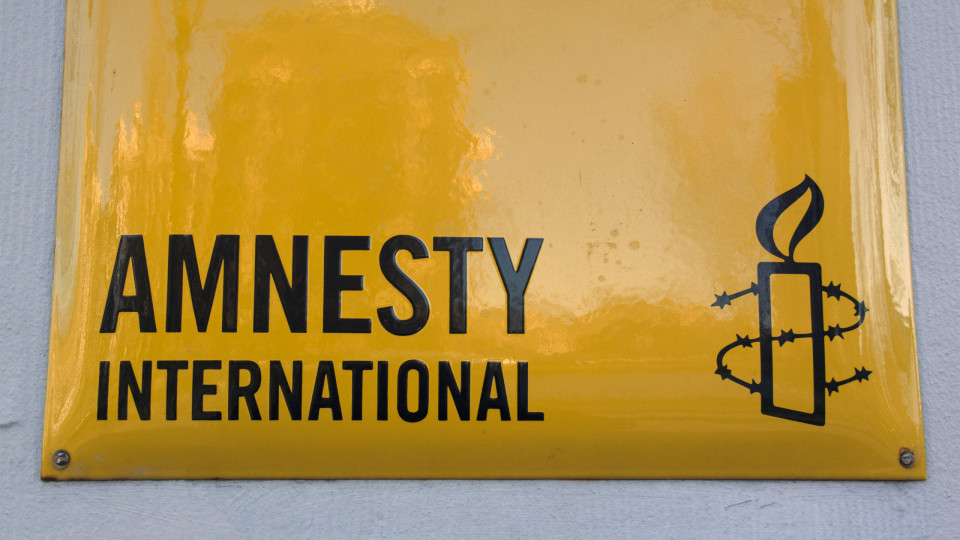AI: Rule of law could collapse if tech is left unchecked
Amnesty International warned today about the risk of a collapse of the rule of law if effective rules are not adopted to limit the use of Artificial Intelligence and the dominance of large Internet platforms.

© ShutterStock

Mundo Amnistia Internacional
"Illegality, discrimination and impunity in conflict and beyond have been enabled by the rampant use of new technologies, often weaponized by state, corporate and political actors," the organization said in its annual State of the World's Human Rights report, published on Thursday.
"In an increasingly precarious world, the unregulated proliferation and deployment of technologies such as artificial intelligence (AI), facial recognition and spyware can become pernicious enablers, amplifying violations of international law and human rights to unprecedented levels," the organization's Secretary General Agnès Callamard said in the report.
"During a landmark year for elections and in the face of an increasingly powerful anti-regulation lobby fuelled and funded by Big Tech actors, these unregulated technological advances pose an enormous threat as they can be weaponized to discriminate, disinform and divide," she said.
According to the report, Amnesty International found that political actors in many parts of the world are ramping up attacks on women, LGBTI people and marginalized communities.
These communities "have historically been used as scapegoats for political or electoral gain", but new technologies are putting them at even greater risk through disinformation, the report said.
"States including Argentina, Brazil, India and the United Kingdom increasingly resorted to facial recognition technology to police public protests and sporting events, and to discriminate against marginalized communities – particularly migrants and refugees," Amnesty International said in the report.
The report said the use of facial recognition technology has been nowhere more pervasive than in the occupied West Bank, where "it has been used by Israel to tighten restrictions on freedom of movement and help to maintain a system of apartheid."
In Serbia, the report said, "the introduction of a semi-automated social welfare system led to thousands of people losing access to vital social assistance," with "Roma communities and persons with disabilities particularly affected."
With millions of people fleeing conflict around the world, Amnesty International's report looked at how "abusive technologies" are being used in migration management and border enforcement.
Technologies such as data-scraping software, biometrics and algorithmic decision-making systems are being used as digital alternatives to detention or border externalization, the report said, adding that "their proliferation perpetuates and reinforces discrimination, racism and the disproportionate and unlawful surveillance of racialized people."
The rights group warned that these problems are set to worsen in a landmark year for elections, thanks to surveillance models across major social media platforms, including Facebook, Instagram, TikTok and YouTube.
"We have seen how hate, discrimination and disinformation are amplified and spread by social media algorithms optimized to maximize engagement above all else," Callamard said.
However, electoral laws have yet to catch up with "tools that can generate synthetic images, audio and video in seconds, or micro-target specific audience groups at scale," she said.
See Also: Criticising governments in Africa remains dangerous, Amnesty warns (Portuguese version)

Descarregue a nossa App gratuita.
Oitavo ano consecutivo Escolha do Consumidor para Imprensa Online e eleito o produto do ano 2024.
* Estudo da e Netsonda, nov. e dez. 2023 produtodoano- pt.com






